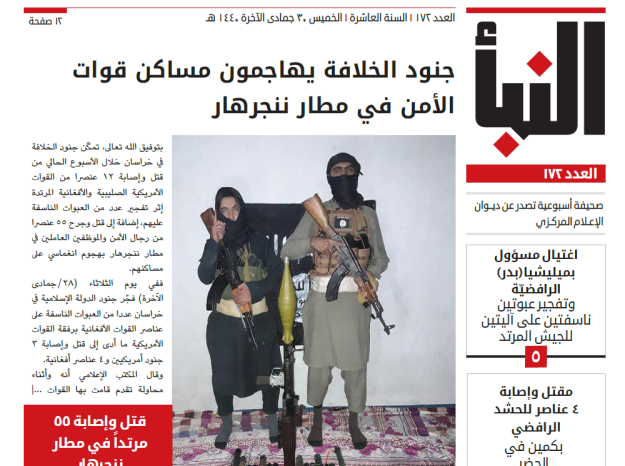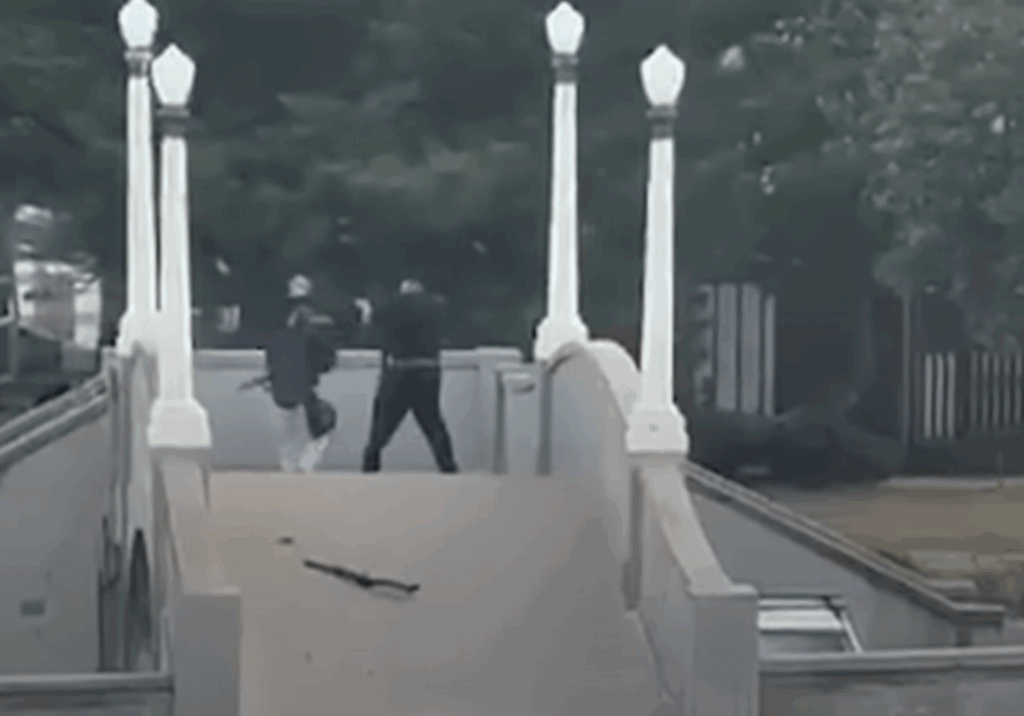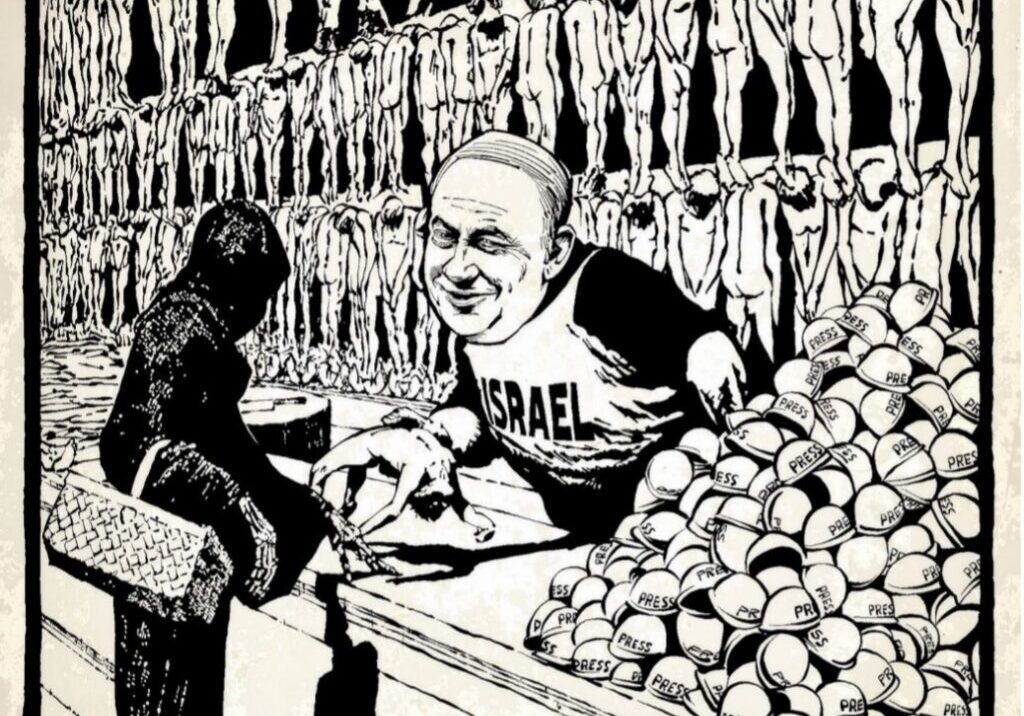Australia/Israel Review
Europa Europa: Silver Lining
Apr 3, 2020 | Douglas Davis

For those who have failed to find a silver lining to the dark clouds cast by the coronavirus pandemic, look a little harder. Eventually, your eye may fall on the latest edition of an obscure newsletter entitled al-Naba.
Published by the hyperactive ISIS organisation, the newsletter issued its very own travel advisory when it counselled its readers and supporters to stay away from Europe – “the land of the epidemic” – to avoid becoming infected.
For those who find themselves in Europe anyway, al-Naba offers a set of “Shia Directives” [Ed note: Shia means “follower” in this case] that will ease the discomfort of their sojourn: it instructs followers to cover their mouths when yawning and sneezing, and to wash their hands regularly.
The newsletter does not credit the World Health Organisation or other medical specialists with such guidance, but rather points to recorded quotations by the Prophet Muhammad, known to Muslims as hadiths.
It notes that one “plague” is described as a “torment sent by God on whoever He wills”, while another hadith notes that “illnesses do not strike by themselves, but by the command and decree of God.”
The advice is featured in a full-page containing “Shia Directives for Dealing with Epidemics”, all taken from Islamic texts. The advice highlights, “the obligation of taking up the causes of protection from illnesses and avoiding them.”
Al-Naba warns that “the healthy should not enter the land of the epidemic and the afflicted should not exit from it.”
Where, then, is the silver lining? One unintended consequence of the coronavirus chaos is that plans for a summer of ISIS terror assaults in Europe have, apparently, been put on hold. For the time being, at least.
According to documents discovered on a hard drive in an ISIS redoubt in the Syrian town of Baghuz, the organisation was planning a series of terrorist extravaganzas in Europe that would have rivalled the attack on the Bataclan concert hall in Paris five years ago. A total of 130 spectators were killed in that attack.
Fresh outrages were reported to be aimed at a high-speed train in Germany and a major oil pipeline in Switzerland. The orders for the attack were contained in a letter signed by five ISIS commanders to since deceased ISIS spiritual leader Abu Bakr al-Baghdadi and other leading figures in the ISIS command structure.
The mastermind of the foreign operations, they write, will be an ISIS member, Abu Khabab al-Muhajir, in charge of three cells: one in Russia and two in Germany. Another group would be based in north-eastern Syria under a separate command.
The first aim of the cells would be to steal money: “Killing infidel venture capitalists, hacking banks through bank accounts, bank robberies or robberies of places that are pre-studied,” the letter says.
The cells would also commit attacks, including vehicle rammings. Most importantly, they would plan “special operations” with a “determined goal and outcome that are picked carefully.” The document cites the 2015 Bataclan massacre and the Manhattan truck-ramming attacks as inspiration.
The operations were to be committed not only by ISIS members already in Europe, but also by transnational networks stretching from Germany to Russia and Syria, which would facilitate the flow of fighters and money across borders.
The document spoke of the cost of $10,000 for an off-the-shelf operation. This would purchase a gun, a motorbike, and a haul of electronic goods including laptops and flash drives.
In addition, an ISIS commander who identified himself as Abu Taher al-Tajiki, wrote: “We will tell you here in our letter the targets that we will hit, Allah willing, and they are targets that will destroy the economic world in Europe and spread horror in the hearts of the enemies of Allah.”
First up was intended to be the high-speed German express. “It will be targeted, with Allah’s help and strength, with an explosive device made by the brothers in Europe and it is from available and simple materials,” wrote Abu-Taher.
The second operation would target an oil pipeline in a petroleum refinery near the Swiss city of Basel, on the border with France – chosen for the “economic disaster” the militants believe it would inflict on the two countries. A satellite photo of the refinery taken from an online map was attached.
After each attack is executed, “we will provide you with a video of the pledge of allegiance of the brother who carried out this operation, Allah willing,” the letter continues, adding that the authors were, “your loyal soldiers and your sword in Europe.”
The first three months of the year have witnessed an array of plagues: bushfires in Australia, floods in Europe, pestilence across Africa and the Middle East, and now the coronavirus contagion that has engulfed the world. As the current crisis passes, we should be harnessing the energies used to combat these natural disasters to declare all-out war on the ongoing unnatural disaster which we confront: the scourge of ISIS-inspired terrorism.
Tags: Europe, Islamic Extremism






